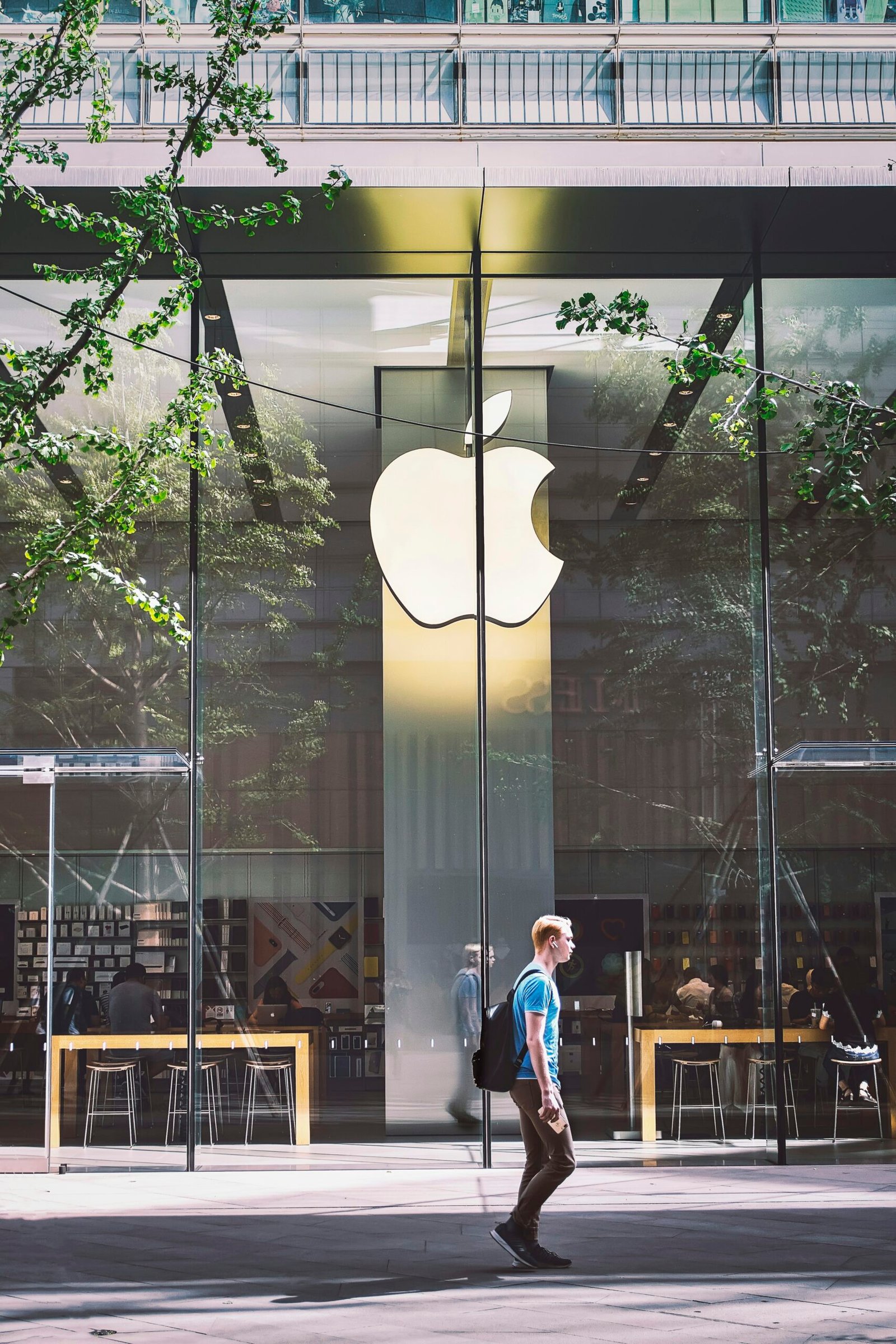Great news for Apple Watch users! Apple has come out on top in an antitrust lawsuit filed by AliveCor. The judge overseeing the case has issued a summary judgment in favor of Apple, stating that the company did not engage in anticompetitive behavior. AliveCor had claimed that Apple targeted its “SmartRhythm” app and rendered it non-functional with a change to the Apple Watch heart rhythm algorithm in watchOS 5. However, the court agreed with Apple’s argument that AliveCor did not have the right to dictate the company’s design decisions. Apple has thanked the court for its decision, while AliveCor has stated that it plans to appeal.
Apple Wins Summary Judgment in AliveCor Antitrust Lawsuit

Background of the Lawsuit
In 2021, AliveCor filed an antitrust lawsuit against Apple, alleging that the tech giant had engaged in anticompetitive behavior. The basis of the lawsuit was AliveCor’s claim that Apple targeted its “SmartRhythm” app, which worked with the ECG KardiaBand, for App Store rule violations and then rendered it non-functional with a change to the heart rhythm algorithm in watchOS 5.
AliveCor’s Claims against Apple
AliveCor argued that Apple deliberately changed the heart rhythm algorithm to impact the KardiaBand and prevent third-party apps from identifying irregular heart rhythms. The company claimed that this change “eliminated competition” and deprived consumers of choice for heart rate analysis. AliveCor sought damages and an injunction that would require Apple to support the older heart rate algorithm.

Apple’s Defense
Apple maintained that it had the right to make design decisions and improve its products. The company argued that if it were to support the older heart rate technology, it would require the court to dictate how Apple engineers its products on a day-to-day basis. The court ultimately agreed with Apple, highlighting the company’s ability to innovate and improve its products.
Summary Judgment Decision
The judge overseeing the case filed a summary judgment in Apple’s favor, indicating that the lawsuit would not proceed. While the full ruling remains under seal due to confidentiality requests from both Apple and AliveCor, it is clear that the court found in favor of Apple and did not find the company guilty of anticompetitive behavior.

Apple’s Statement
In response to the summary judgment decision, Apple issued a statement expressing gratitude to the court for its careful consideration of the case. The company emphasized its commitment to innovating and creating products and services that contribute to users’ health, wellness, and safety. Apple’s statement also addressed the lawsuit’s attempt to challenge the company’s ability to improve the Apple Watch and affirmed that the court’s decision confirmed the absence of anticompetitive behavior.
AliveCor’s Statement
AliveCor expressed disappointment with the court’s decision and announced its plan to appeal. The company strongly disagreed with the dismissal of its antitrust case and reiterated its commitment to protecting its intellectual property and promoting innovation. AliveCor stated that the dismissal would not impact its ongoing business operations and that it would continue to design and provide high-quality portable ECG products and services to its customers. The statement also mentioned ongoing patent infringement lawsuits against Apple and the ITC’s findings of infringement on AliveCor’s patents.
Impact of the Decision
The summary judgment decision has significant implications for both Apple and AliveCor. For Apple, it affirms the company’s ability to make improvements to its products and face legal challenges asserting antitrust violations. The decision supports Apple’s position that it has the right to innovate and enhance its devices without being subjected to extensive court oversight. On the other hand, AliveCor’s defeat in the lawsuit is likely to hinder its efforts to seek damages and an injunction against Apple. The decision may also affect AliveCor’s ongoing patent infringement lawsuits against Apple.
Ongoing Patent Infringement Lawsuits
Aside from the antitrust lawsuit, AliveCor has filed multiple patent infringement lawsuits against Apple. These lawsuits allege that Apple copied AliveCor’s cardiological detection and analysis technology. While these patent infringement lawsuits are separate from the antitrust case covered by the summary judgment, they contribute to the overall legal battle between the two companies.
Related Lawsuit Developments
Apart from the ongoing patent infringement lawsuits, the ITC (International Trade Commission) has found that Apple infringed upon AliveCor’s patents. The ITC’s findings are still upheld, and both the ITC and the U.S. Patent Trial and Appeal Board appeals will be reviewed at the Federal Circuit in the Northern District of California in the coming months. In a recent development, the PTAB (Patent Trial and Appeal Board) ruled in favor of AliveCor by instituting Inter Partes Review (IPR) of Apple’s patents and issuing a stay of Apple’s countersuit.
Conclusion
Apple’s victory in the summary judgment decision marks an important milestone in the legal battle with AliveCor. The court’s ruling in Apple’s favor reinforces the company’s ability to improve its products without facing allegations of anticompetitive behavior. While AliveCor intends to appeal the decision and continues its patent infringement lawsuits against Apple, the outcome of this case strengthens Apple’s position in the ongoing legal disputes. The final resolution of the remaining legal matters will likely shape the future landscape of the wearable technology market and patent infringement disputes.








